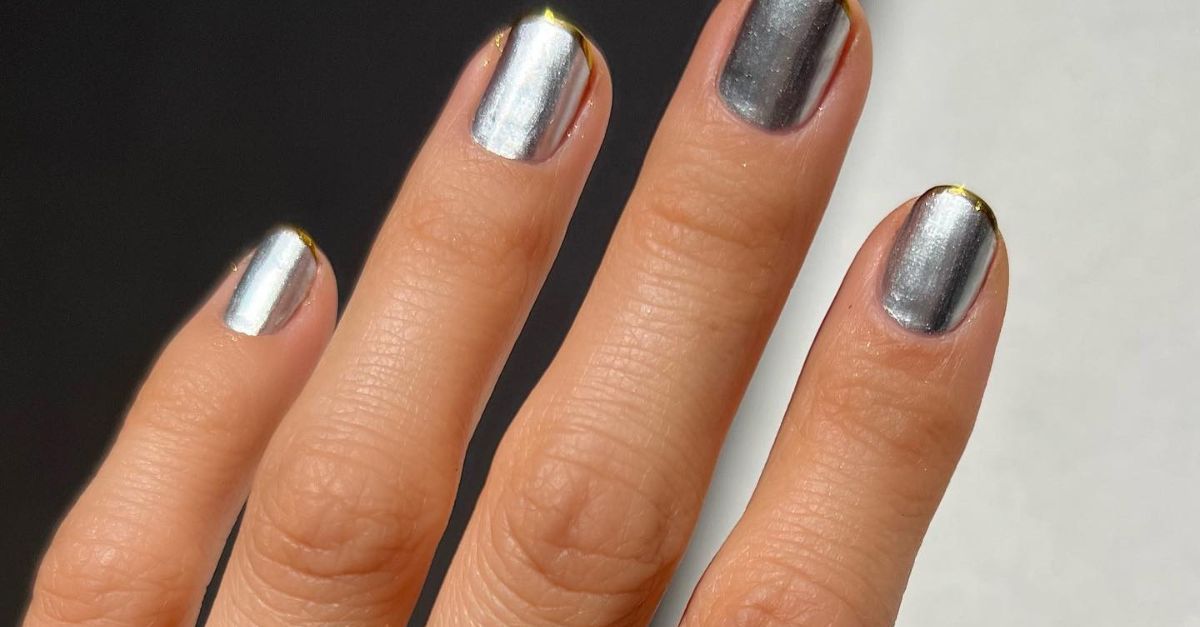The owner of both Bayville Adventure Park and the now defunct Jekyll & Hyde restaurant in Manhattan pleaded guilty in federal court in Central Islip Thursday to a COVID-19 loan fraud scheme.
Donald Finley, of Locust Valley, pleaded guilty to disaster relief fraud and wire fraud in connection with his receipt of millions of dollars in small business loans under the Paycheck Protection Program, or PPP, and Economic Injury Disaster Loan Program, officials said.
Now, he faces up to 30 years in prison, as well as restitution totaling more than $3.2 million and a fine of up to $1.25 million.
“Finley has admitted diverting millions of dollars in COVID-19 disaster relief funds to finance his personal expenses, including the purchase of a home in Nantucket, Massachusetts,” U.S. Attorney Breon Peace said in a statement.
Peace said that the U.S. Attorney’s office “will continue investigating and prosecuting those, like the defendant, who shamelessly steal from government programs that were intended for struggling small businesses and families during the pandemic.”
Created by Congress, the programs are part of the Coronavirus Aid, Relief, and Economic Security (CARES) Act, enacted on March 29, 2020. The CARES Act was designed to provide emergency financial assistance in connection with economic effects of the COVID-19 pandemic.
One feature of the CARES Act included forgivable loans to small businesses for job retention and certain other expenses through the PPP. The PPP allowed qualifying small businesses to receive unsecured loans on favorable terms, which they were required to use for specified expenses, including payroll costs, interest on mortgages, rent and utilities. The PPP provided for forgiveness of the loan if the recipient businesses spent the proceeds on these specified expenses within a limited time period and used a certain percentage for payroll costs.
Between March 2020 and March 2021, Finley applied for, and subsequently received, at least 29 PPP and EIDLP loans totaling approximately $3.2 million, on behalf of corporate entities he controlled.
But officials said that instead of using those funds for disaster relief Finley used those funds for his personal expenses, including the purchase of the Nantucket home in February of 2021.
“We have seen the abuses of disaster relief programs when all too often criminals find an opportunity for exploitation,” Thomas Fattorusso, special agent-in-charge of Internal Revenue Service-Criminal Investigation in New York, said in a statement.
“In this case, Finley obtained millions in COVID-19 relief funds, only to use the ill-gotten cash for his own personal gain. While he may be the owner of an amusement park meant to bring joy, with his guilty plea and pending sentencing, Finley may be facing a future that he could find much less enjoyable,” he added.
“Mr. Finley took advantage of a program intended to be used to support small businesses as part of the CARES Act of 2020, when he devised a scheme to submit fraudulent information to the government to obtain millions in funds during the pandemic to fund his lavish lifestyle,” Daniel Brubaker, inspector-in-charge of the U.S. Postal Inspection Service, New York Division.
“Not only did he purchase a home on Nantucket, but he utilized those funds to pay for personal expenses,” he added. “Postal Inspectors and their law enforcement partners are always on a mission to ensure those who truly need assistance get it, and those who scheme and break the law to receive funds which they are not entitled to, are brought to justice.”
Another source of relief provided by the CARES Act was the EIDLP, which provided low-interest financing to small businesses, renters, and homeowners in regions affected by declared disasters. Under the program, EIDLP recipients were eligible to receive advances of up to $10,000 for small businesses within three days of applying for an EIDL (EIDL Advance). The amount of an EIDL Advance was determined based on the number of employees working for the applicant. The EIDL Advance did not have to be repaid.
e















































































